Life
Sign up for our newsletter
We summarize the week's scientific breakthroughs every Thursday.
-
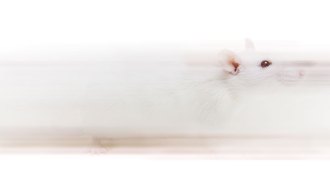 Neuroscience
NeuroscienceYear in review: ‘Speed cells’ help make navigation possible
The discovery of speed cells in the brain filled in a missing piece in the understanding of how the brain creates an internal map of the world.
-
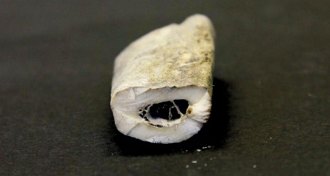 Animals
AnimalsYear in review: New dates, place proposed for dogs’ beginnings
This year’s dog research suggested older origins and a new location of domestication for man's best friend.
-
 Genetics
GeneticsYear in review: Fluke extinction surprises lab
A die-off of bacteria in a carefully controlled lab experiment offered an evolutionary lesson this year: Survival depends not only on fitness but also on luck.
-
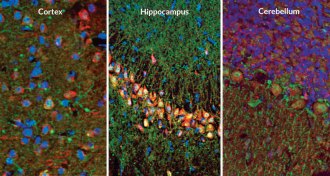 Neuroscience
NeuroscienceYear in review: Gaps in brain nets might store memories
Holes in nets that surround nerve cells may store long-term memories, scientists proposed this year.
-
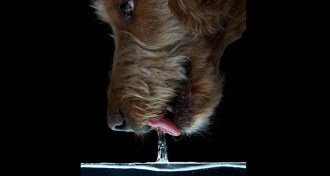 Life
LifeScience explains what makes dogs such sloppy drinkers
There’s hidden precision in the splashy mess of a dog drinking.
By Susan Milius -
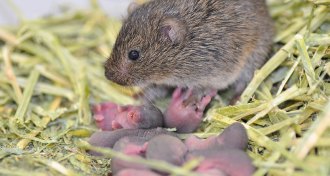 Animals
AnimalsForgetful male voles more likely to wander from mate
Poor memory linked to a hormone receptor in the brain could make male prairie voles more promiscuous.
-
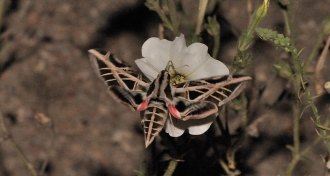 Plants
PlantsSingle gene influences a petunia’s primary pollinator
Mutations on a single gene determine how much ultraviolet light a petunia flower absorbs, and in turn, which animal pollinates the flower.
-
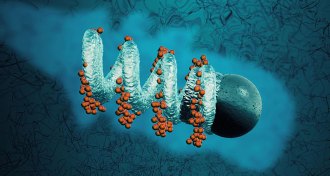 Life
LifeTo push through goo, use itty, bitty propellers
Newly designed micropropellers mimic bacteria to move through viscous surroundings.
-
 Animals
AnimalsNew movie asks viewers to care about whale hunters. Will they?
A new movie tells the tale of sailors shipwrecked by a whale. But it’s hard to feel sorry for the people trying to kill the animal.
-
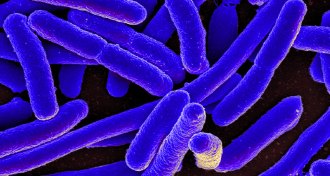 Life
LifeMicrobes show up on schedule after death
Microbes in the soil beneath dead bodies offer forensic clues for time and place of death.
By Meghan Rosen -
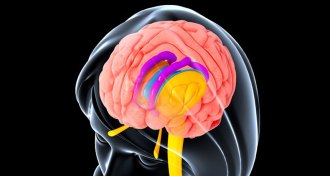 Neuroscience
NeuroscienceBrain shapes come from mom and dad
By linking genes to brain shapes, scientists have a new way to study how the brain works.
-
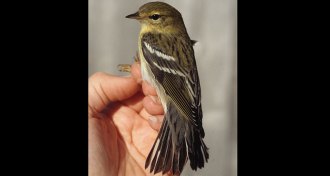 Animals
AnimalsSome warblers make their long winter migration even longer
Blackpoll warblers in western North America head east to fatten up before their transoceanic migration.